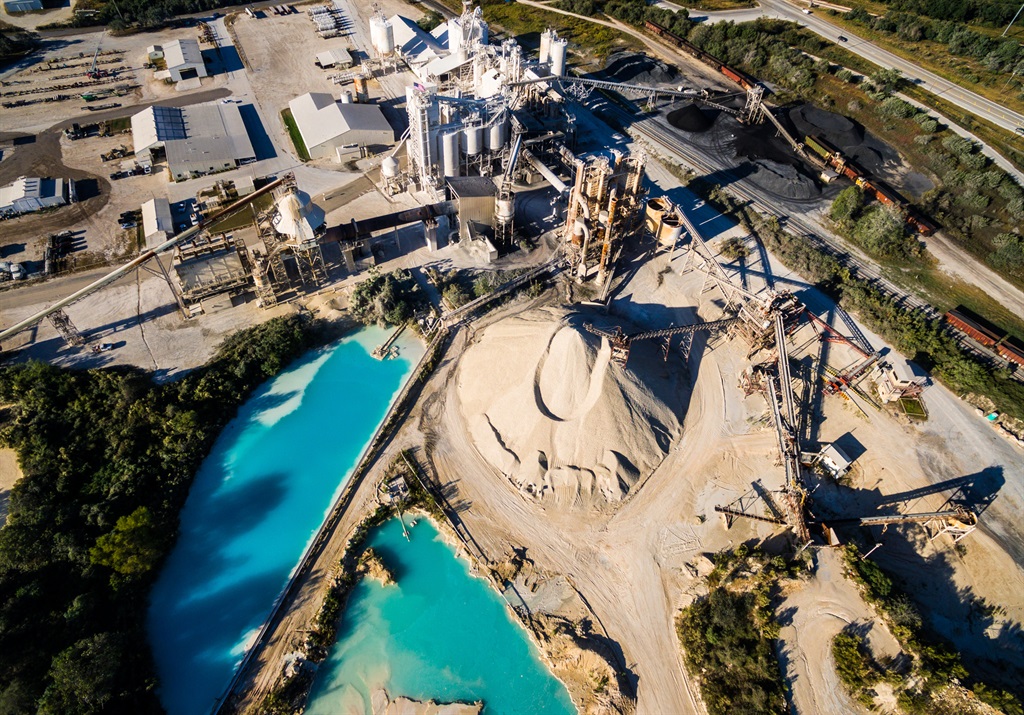
South Africa is a mineral economy, and analysts have been at pains, splitting hairs to find subtle ways in which the resource curse might be manifesting in South Africa.
The resource curse refers to the paradox that countries with an abundance of natural resources (like fossil fuels and certain minerals), tend to have less economic growth, less democracy, and worse development outcomes than countries with fewer natural resources.
South Africa is still a democracy, the economy is not a basket case and social indicators are improving albeit slowly. Much of what is at stake in South Africa is attributed to the legacy of the apartheid regime rather than capital accumulation of the extraction industry.
Recently though, Capetonians came face to face with water poverty – they are not out of the woods yet. While on the surface there are frustrations directed at poor political management of water, issues are more dynamic than politics. Cape Town is a blueprint of where the entire country might be in 2030, if the findings of the draft national water and sanitation master plan are anything to go by.
In just over a decade, the report argues that South Africa’s water demand will be 1.6 times more than the current supply. This is to say, there will be more demand of water than available in the country.
If the current factors remain equal, this would be devastating to households and businesses, and would directly threaten the survival of agriculture which uses 62% of the country’s usable water, and to a lesser extent mining (which uses about 3%). Eskom alone uses 2%, and its collapse would add to the darkness painted above – literally. This is a colossal economic impact of global warming on livelihoods.
The scarcity of water links to the country’s exploitation of coal, if in a slightly remote way. Both water and coal are natural resources which the country has relied on for its economic modernisation. South Africa is the world’s fourth largest coal producer, and after 154 years of coal mining, there are about 116 years of coal reserves still to be mined. Discovered in Eastern Cape near Molteno in 1864, South Africa’s coal has modernised and powered the economy for more than 150 years generating just over R50 billion in 2013 alone (against gold, which generated R31 billion in the same year).
The coal industry employs about 17% of the total mining labour force, making it the third largest employer in the mining sector.
But the ongoing production of coal leaves a major carbon footprint, which in effect advances global warming. Thus South Africa ranks number 11 in Co2 emissions from energy use – 89% of South Africa’s electricity is generated through coal fired power plants, which are notorious for carbon emissions. In fact, South Africa’s activists have joined the global discontent against coal fired power stations, even as Eskom forges forward with building the Medupi and Kusile power stations, which are among the world’s largest. Besides contributing to climate change, Kusile power station is expected to run on 71 million litres of water a day.
Even if the government decides to take away water rights from farmers and to give to coal producers, the problem of using fossil fuels will still lead to more water scarcity. By and large, South Africa has weathered the resource curse for more than a century.
But almost inevitably, the ongoing economic impact of coal production on water, and the domino effect on our livelihoods will force both alarmists and optimists to the table, to examine how the resource curse is playing out in South Africa and the options. With just 12 years left to address a national water crisis, we are flying too close to the sun. We might not be Congo or Guinea, but the cracks on the mineral resource economy are now visible. The speed in which we respond to these cracks might well be the difference between South Africa and Congo when there is no more water for consumption, for agriculture, for Eskom or for mining – all in just a decade.
• Dr Jason Musyoka is a postdoctoral fellow based at the human economy programme, University of Pretoria.




 Publications
Publications
 Partners
Partners








